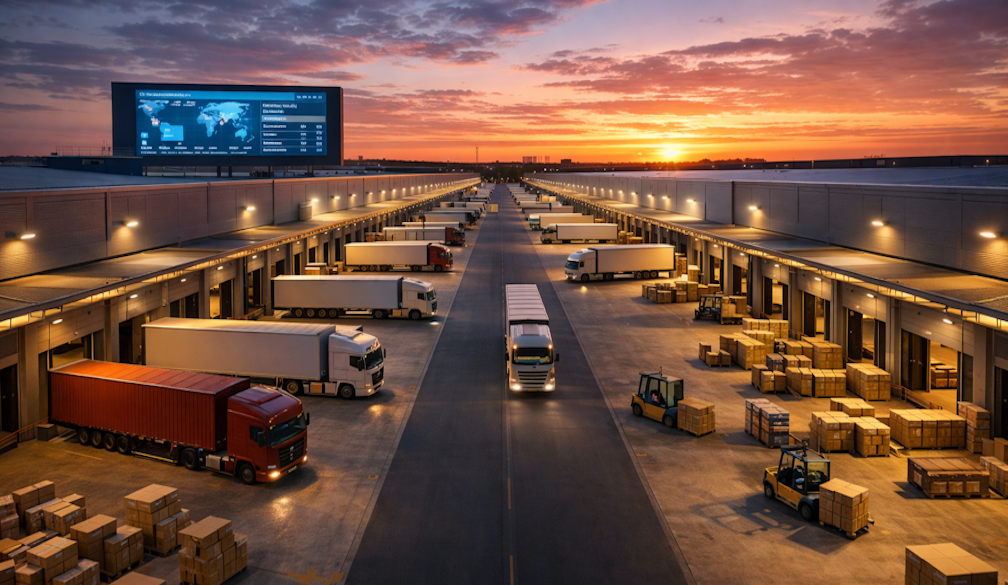3 Realistic Reasons Why Physical Offices Are (Almost) Dead
- Written by News Co Media

Nowadays, more and more businesses are trying to find alternatives to traditional offices. For many years, brick and mortar offices have been at the heart of a company’s life. But work environments have been constantly evolving over recent years and many entrepreneurs came up with new business models.
Although no one can predict the future and know for sure what type of business model will become the most popular, it is obvious that the conventional office is heading towards a slow extinction. All business owners and entrepreneurs who hold a long-term vision and are interested to know how the business environment may change in the future will find in this article the main reasons why the traditional office is slowly dying.
3 Reasons Why Traditional Offices Are Disappearing
- Millennials have a different understanding of the work concept
As the world evolves, the way that people think and understand some concepts changes as well. Millennials have a different understanding of the work concept. For example, they believe more in results and efficiency than in the number of hours worked. Most of the time, working in a traditional office means arriving at the office at 9 am and leaving the office at 5 pm. Therefore, working in a physical office means being physically present in the office at least 8 hours a day, let alone commuting time. The new generations are progressively moving towards a much more functional and productive way of working because they believe more in autonomy and a healthy work-life balance. They simply understand that, instead of wasting 2 hours a day on commuting and 3 hours a day on coffee breaks with their colleagues, they can do the same tasks remotely and spend half the time. Traditional 9 to 5 working hours are (almost) dead and white-collar workers have been replaced by modern workers who seek more flexibility and opportunities to be creative.
- The world is completely digital
Technology has completely changed the way workers across every industry do their jobs. Everyone knows that technology helped workers become more efficient. What used to take hours now can take only minutes. However, digital transformation does not stop here. For example, nowadays, all the main benefits of a traditional office can come in “virtual form” at a low-price (but the quality of these services does not necessarily change). Therefore, there is no reason why a small company should rent a traditional office and pay high overhead costs when it can rent a premium virtual office and work remotely. Modern virtual offices offer the same benefits as conventional offices at a price that can be up to 40 times lower. Technology has evolved so much that it can replace conventional business models with cheaper (and sometimes, even more efficient) work styles. Also, technology has led to the automation of some manual administrative tasks and the Internet enables a greater number of jobs to be carried out remotely from the office.
- Covid-19 accelerated the trend towards remote work
The Covid-19 pandemic showed to workers all over the world that choosing when, where, and how to work can be a lot better than a 9 to 5 job. For most of these workers, going back to the traditional office would be a change for the worse. The trend towards remote work had already started before the Covid-19 pandemic, but the spread of the coronavirus triggered a major shift in the work environment. Many organisations recognised the valuable skills that employees have developed while working remotely. While employees become more productive by working remotely, companies save a significant amount of money by avoiding high overhead. Therefore, some companies are ready to switch to remote work definitively while some others are preparing to implement hybrid work arrangements (for example, three days of remote work and two days of office work). However, hybrid work arrangements are likely just a stage of transition before these organisations embrace full remote work.
To sum up, many organisations that have adapted well to remote work following Covid-19 may consider going full remote. But the coronavirus pandemic has only accelerated pre-existing trends that were already underway. If the great lockdown did not exist, companies would have shifted anyway to remote work, but far more slowly.







